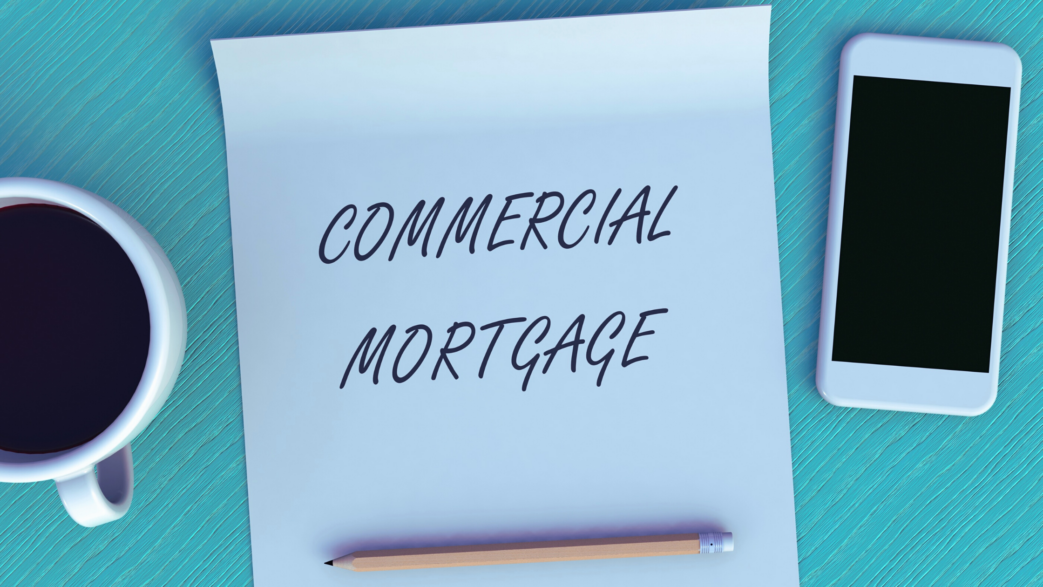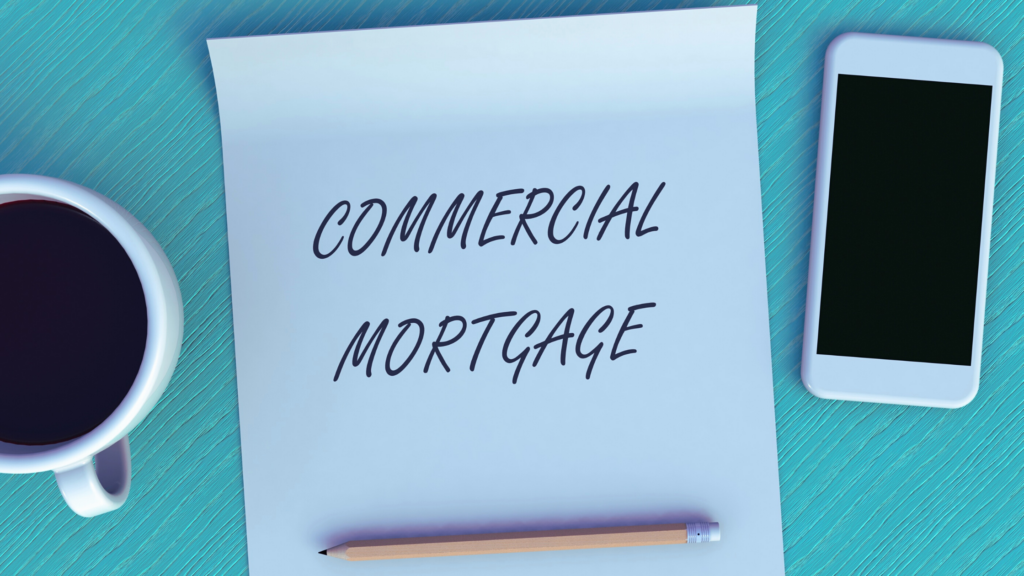One difference between a commercial mortgage and a residential one is the commercial borrower would be a business, not an individual. Your business is growing! That’s amazing because our economy could sure use a boost. It’s a much more difficult process but hang in there. I can help you get through it. Here are some commercial mortgage questions you can ask yourself to see if you qualify.
Commercial Mortgage Questions
What Types of Businesses Are You?
If you are one of these 3 types of businesses, you can apply for a commercial loan on my secure site.
- a partnership
- a limited company
- incorporated
What Types of Commercial Property?
First, consider what type of commercial property you are looking for. There are a number of properties that fall under this category. You would need a commercial mortgage if you are financing a
- a retail location
- an office building
- an industrial property
Is it a Residential property?
It sounds confusing but some residential real estate can be financed under a commercial mortgage. This is only if it is purchased as an investment property. This can fall into one of 3 categories.
- Pure residential (1-4 units)
- Pure residential (5 or more units)
- Residential Commercial Mixed
What is Your Expected time frame?
Commercial mortgages require much more time than residential mortgages for approval. They can take anywhere from 60 days up to a year.
What Type of Commercial Mortgage?
- Residential/Commercial – possibly a storefront with apartments
- Multi-Family (pure) residential (1-4 units)
- Multi-Family (pure) residential (5+ units)
- Commercial Plaza
- Office
- Construction Project
- Industrial
- Farmland
Commercial mortgage rates can be difficult to compare. This is because terms and conditions can differ and criteria are not often publicized. Here is where the decision to work with a qualified, professional mortgage broker would be your best bet.
Lenders will now assess the risk associated with the individual property. Each property carries its own type of risk. Overall, commercial mortgages are generally considered to be riskier because repayment will always depend on how well the business performs.
Commercial Mortgage Qualification
If you are seeking commercial mortgage qualification based on certain criteria. Because the value of loans is considerably higher, it may be quite difficult.
1. DSCR (Debt Service Coverage Ratio)
The ratio of cash available to the required loan payments. Lenders lean on this criteria very heavily and most lenders will apply an LTV (Loan to Value) ratio, requiring your business to invest some of your own money as well.
2. Your Credit History
Lenders will require the individual/company owner to have a good credit score as well as proof your business is creditworthy. There are very few lenders that will accept applications from borrowers with a bad credit history.
3. Type of business and property.
Your mortgage terms will depend on this.
4. The Status of Your Business
Is your business up and running, steady, and most importantly, profitable? You may need to provide a business plan and financial projections to your lender to ensure you’ll be able to make your payments on time. Some lenders may require a minimum net worth and liquid funds as insurance.
5. The Amount of Your Down payment
Commercial mortgages require a higher down payment. A mixed property ranges from 20- 35%. where a pure commercial property is nearer to 50%. 1-4 in this section will determine your required down payment.
6. Insurance
Thus, lenders need security in the form of insurance but the Canadian Mortgage & Housing Corporation (CMHC) will not insure a pure commercial property. They may insure a mixed residential/commercial property with a down payment. This is because a commercial mortgage borrower may easily declare bankruptcy and default on the mortgage if the business isn’t going so well.


